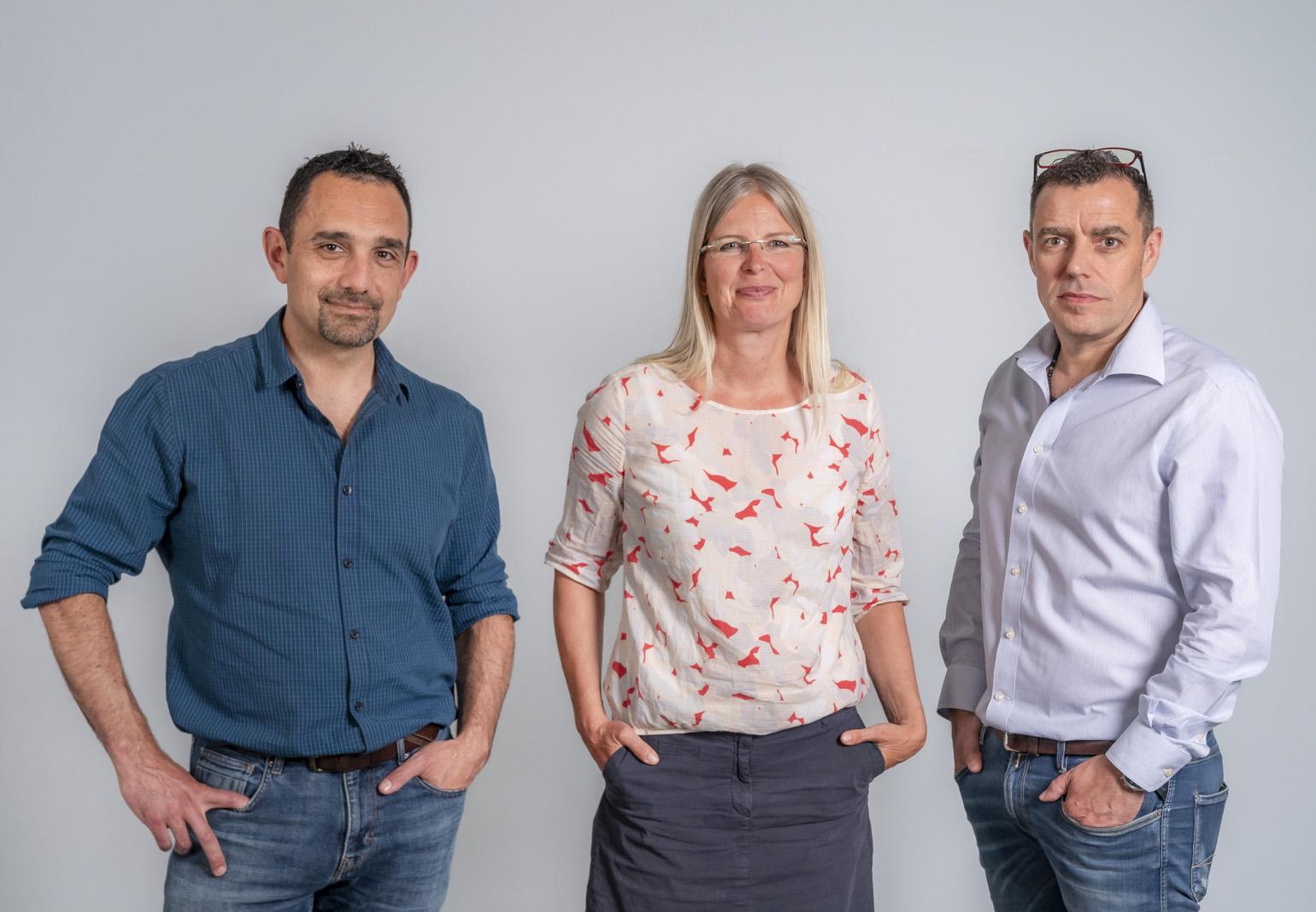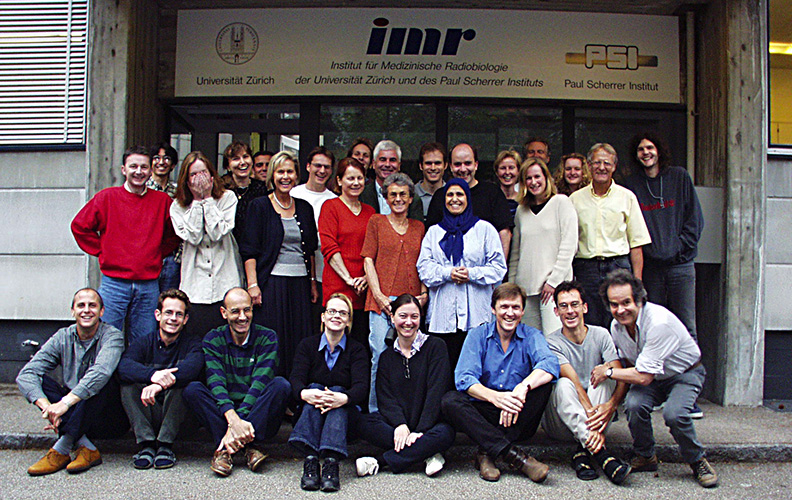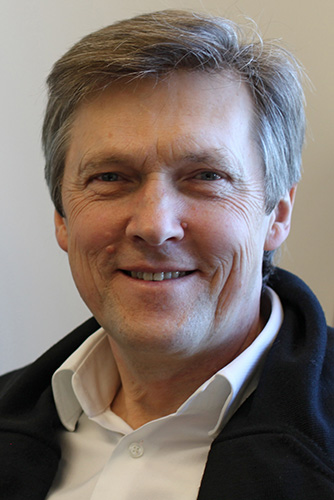History and Mission
The institute began life as the “Strahlenbiologisches Laboratorium”, which was founded in 1950 within the central hospital of the Canton of Zurich. Under the direction of Prof. Dr. Hedi Fritz-Niggli, the laboratory expanded, and, in January 1963, became the “Strahlenbiologisches Institut” (Radiobiological Institute) of the University of Zurich. At that time, the main activity of the Institute was concentrated on the study of the biological effects of ionizing radiation in cell culture and in whole animal models.
With the advent of the Tschernobyl nuclear plant explosion in April 1986 and the subsequent contamination of Switzerland caused by the nuclear fallout, the Institute acquired a new role as an information post for the public at large. Its involvement with Radiation Safety and in studies dealing with the biological effects of low dose radiation began at around this time.
Prof. Dr. Fritz-Niggli retired in 1988 and, in August 1991, Prof. Dr. Boerje Larsson was elected her successor. With his appointment as Chair of Clinical Radiobiology and institute director, the institute acquired a new name - Institute of Medical Radiobiology (IMR) - and with it a new sponsor, the Paul Scherrer Institute (PSI) It was foreseen that this fusion might facilitate interactions between the more basic biological research in the Zurich laboratory and the more applied and clinically-oriented use of ionizing radiation at the PSI. The co-sponsorship of IMR through the University of Zurich and the PSI represented an important milestone in the history of the Institute, which resulted not only in a significant expansion, but also in a considerable diversification of its scientific activities.
In August 1996, Prof. Dr. Josef Jiricny was appointed to the Chair of Molecular Radiobiology at the University of Zürich and became the new institute director. In the following two years, IMR underwent major personnel and structural changes, and its research became more molecular-oriented.
With the arrival of the new research staff, the scientific direction of the institute changed. The main emphasis of its research is concentrated on the study of the molecular mechanisms of DNA repair and on the role of DNA repair defects in cancer. Due to this change of direction, the collaboration with the PSI was no longer meaningful. With the explicit agreement of both parties, the join venture was dissolved at the end of 2002. With effect from the 1st January 2003, the Institute was renamed to Institute of Molecular Cancer Research (IMCR).
|
(IMR group picture in 2001) |
(Prof. Joe Jiricny, IMR/IMCR Director, 1996-2016) |
In May 2005, IMCR moved to new premises, on the Irchel campus of the University of Zurich. It houses state-of-the-art molecular and cell biology laboratories, as well as latest computing and in-house publishing facilities. Steadily growing in size over the years, the IMCR now has international recognition as one of the European strongholds of DNA repair, replication stress and genomic instability. Complementary research areas have progressively broadened the focus of research and teaching towards mechanisms of tumorigenesis and immune responses, and consolidated links with the University Hospital Zurich.

(IMCR group picture in 2016)

Following Prof. Dr. Josef Jiricny’s retirement in 2016, a new Board of Directors (Prof. Dr. Anne Müller, Prof. Dr. Massimo Lopes, Prof. Dr. Alessandro Sartori) is in charge of leading the IMCR. In 2024, we are expecting to move to a brand new building on the Irchel Campus (Y80). Taking advantage of open-space labs and new infrastructure, the IMCR plans to consolidate strong internal synergy and to foster collaborative cancer research in Zurich.
(The Board of IMCR Directors since 2017, Profs. Lopes, Mueller and Sartori)

